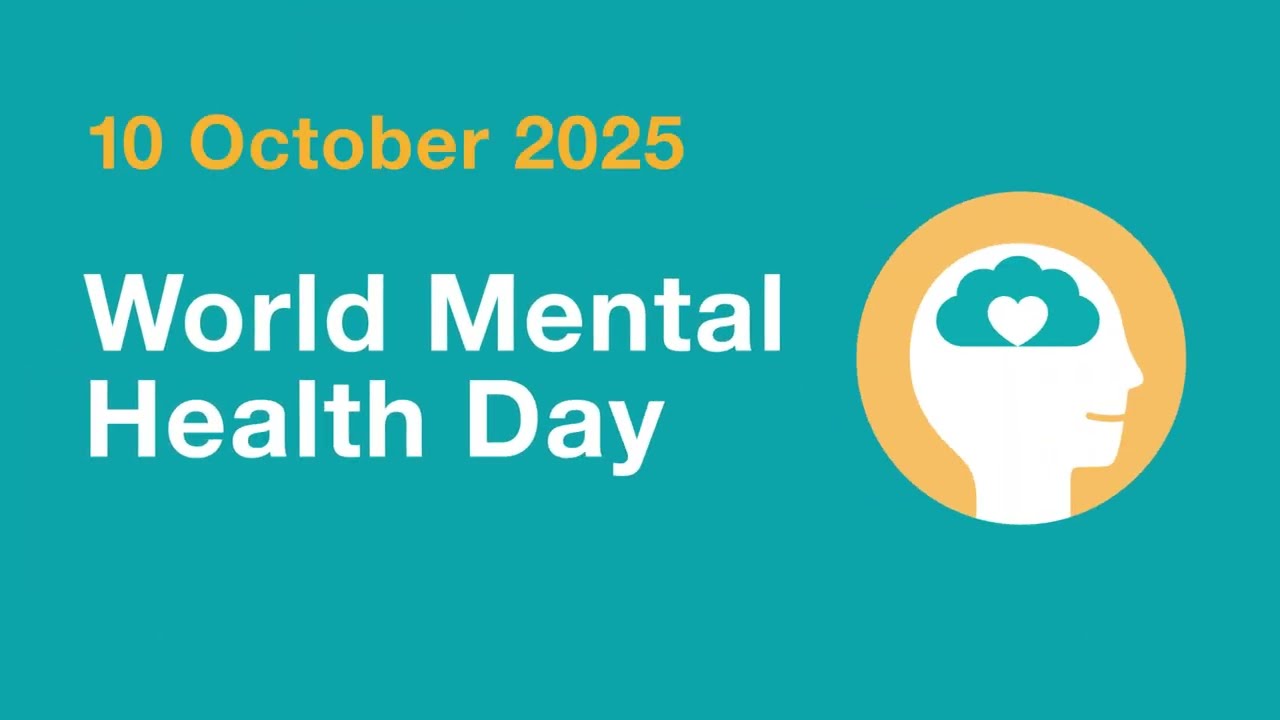
DiYES International School – World Mental Health Day 2025 is observed on October 10 to raise global awareness and encourage meaningful action on mental health. This important day aims to increase understanding, reduce stigma, and improve access to mental health services worldwide. Millions of people face mental health conditions, yet many still lack proper care and support. Childhood and adolescence shape the future through mental health. Early experiences leave lasting effects, so support must arrive at the right time. Global initiatives strengthen mental health education, prevention, and community-based care. This year’s focus calls for urgent action to protect and support young people. Their well-being builds a healthier and more resilient future.
World Mental Health Day 2025 draws attention to how early experiences shape mental well-being. Childhood and adolescence are key stages for brain development, making them sensitive periods for environmental influences. A supportive environment helps young people grow, while exposure to bullying, violence, discrimination, or poverty increases the risk of mental health conditions. Global research shows that experiences during these early years have long-term effects. The life-course approach emphasizes that early mental health shapes adult life opportunities. If these challenges are not addressed early, they may lead to serious consequences. Education, protection, and mental health services for children and adolescents can build a foundation for a stronger future. Governments and communities are urged to invest in supportive environments that help young people thrive. This is not just a health issue but a global responsibility that involves education, social care, and community engagement.
Young people are often seen as a healthy population group, which causes their mental health needs to be overlooked. Yet statistics show a different picture. Half of all mental illnesses begin by the age of 14, making early intervention essential. Depression and anxiety rank among the top causes of disability in adolescents, while suicide is a leading cause of death for those aged 15 to 29. These facts highlight the urgency of addressing mental health at an early age. World Mental Health Day 2025 amplifies this message globally. If early signs are ignored, the consequences can last a lifetime. Mental health support in schools, families, and communities can reduce risks and build resilience. By prioritizing mental health in adolescence, societies can create a future generation that is more prepared to face challenges with strength and confidence.
“Read more: Hungarian Author Laszlo Krasznahorkai Clinches Nobel Prize in Literature”
Although the burden of mental health issues among youth is high, treatment remains limited. A large number of children and adolescents are not receiving the care they need. Many countries face shortages of trained mental health professionals, particularly in low and middle income regions. This results in a treatment gap that often exceeds 50 percent. Community-based mental health services have been shown to be more effective and accessible than institutional care. These services reach children and adolescents in their daily environments, such as schools and youth centers. Strengthening these services requires investment in trained personnel and adequate resources. World Mental Health Day 2025 emphasizes the need for governments and stakeholders to act decisively. By improving access to community-based services, more young people can receive the support required to live healthy and fulfilling lives.
Mental health promotion and prevention strategies are essential to build emotional strength and resilience. Interventions should start early in life, focusing on helping young people regulate emotions and cope with challenges. Supportive environments, such as families and schools, play a key role in shaping well-being. Parents and teachers help young people develop skills that protect their mental health. Psychosocial support programs in schools and communities can further strengthen these efforts. Training health workers to detect and manage mental health conditions early is also essential. Courses and capacity-building programs provide practical tools for primary health care workers to offer effective support. World Mental Health Day 2025 reminds us that every young person has the right to mental health care and protection. Building resilience through education and prevention ensures stronger communities for the future.
This article is sourced from www.paho.org and for more details you can read at diyesinternational
Writer: Sarah Azhari
Editor: Anisa